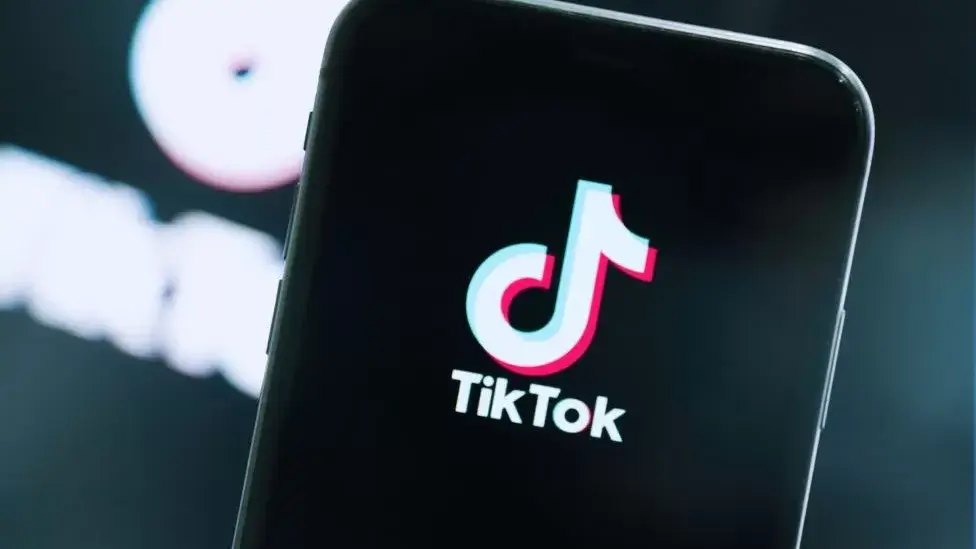The European Union (EU) has issued a stern warning to TikTok regarding the spread of “disinformation” on its platform following the recent conflict between Hamas and Israel. In a letter addressed to TikTok’s CEO, Shou Zi Chew, the EU emphasized the need for urgent action and demanded a detailed plan of compliance with European law within the next 24 hours. This warning follows similar actions taken against X, formerly known as Twitter, and Meta, emphasizing the growing concern about misinformation circulating on social media platforms during times of crisis.
Misinformation related to the conflict, including manipulated images and mislabeled videos, has proliferated across social media. The EU has specifically urged TikTok to be mindful of its popularity among young people and stressed the platform’s responsibility to protect children and teenagers from violent content, terrorist propaganda, and dangerous challenges.
EU Commissioner Thierry Breton highlighted TikTok’s obligation to safeguard its users, particularly the youth, from harmful content. The EU’s concerns also extend to X and Meta, where misinformation related to the conflict has been rampant. X was given a similar 24-hour deadline to address the issue. In response, X’s Chief Executive, Linda Yaccarino, stated that the company had taken down or flagged tens of thousands of pieces of content and removed hundreds of accounts associated with misinformation since the Hamas attacks on Israel. Meta, the parent company of Facebook and Instagram, also received a warning and a 24-hour deadline from the EU to combat disinformation.
Both X and Meta assured the EU of their efforts to monitor and respond to the evolving situation. Yaccarino outlined X’s response to over 80 requests in the EU to remove content and the addition of contextual notes to certain posts. The EU’s Digital Services Act (DSA), implemented in August 2023, requires large online platforms to proactively remove “illegal content” and demonstrate their measures for doing so when requested.
EU Commissioner Breton demanded that X and Meta prove their timely and diligent actions in combating misinformation. Under the DSA, the EU has the authority to conduct interviews and inspections. If a platform fails to comply or adequately address identified issues, the commission can impose heavy fines. In extreme cases, the EU can even seek temporary bans on platforms within the EU.
The EU’s actions underscore the growing need for social media platforms to take decisive measures against the spread of misinformation, particularly during sensitive situations such as conflicts. The outcome of these warnings will not only impact the platforms involved but will also set a precedent for how social media companies are held accountable for the content shared on their platforms.





